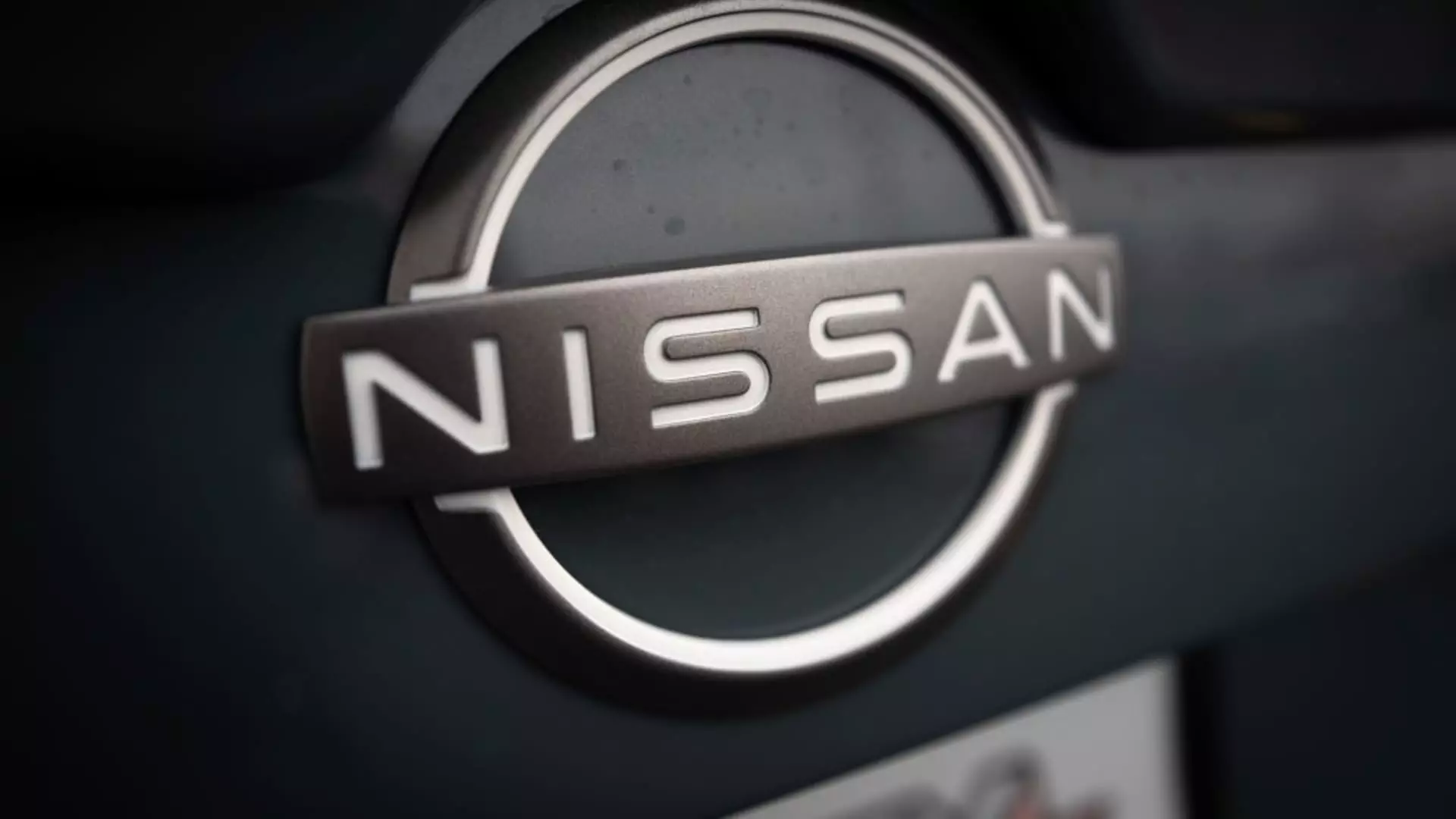Nissan’s recent discussions about the potential closure of multiple vehicle assembly plants represent a significant pivot in the company’s strategy. The proposed shutdown of key facilities in Japan, particularly the historic Oppama plant, signals not just an operational restructuring but a fundamental reassessment of Nissan’s role in the global automotive landscape. As the automaker wrestles with declining sales—reporting a staggering 42% drop since 2017—these aggressive measures raise serious questions not only about the company’s economic viability but also about its commitment to the communities and workers it has long been a part of.
The new CEO, Ivan Espinosa, seems to be breaking decisively from former CEO Makoto Uchida’s vision of expansion and localized production. This shift, prioritized under the banner of cost-cutting and efficiency, may provide short-term relief but threatens to undermine Nissan’s long-term stability. For a company that once prided itself on innovation and worker loyalty, this approach seems dangerously myopic.
The Human Cost of Corporate Decisions
While corporate strategies inevitably grapple with numbers and market share, the decision to close plants is rife with human implications. The Oppama plant, Nissan’s first production facility, is not merely a statistic; it’s a symbol of the region’s industrial legacy, where skilled workers have dedicated years to their craft. The potential loss of 3,900 jobs at the Oppama facility, alongside similar cuts at the Shonan plant, indicates a ruthless prioritization of profit over people.
Such moves often resonate beyond the assembly lines, affecting families and local economies. As workers find themselves at the mercy of corporate whims, one has to question the moral compass guiding Nissan’s leadership. Can a company truly thrive when it so readily sacrifices the livelihoods of its dedicated workforce? The push for modernization and competitiveness may compel a company to streamline operations, but it’s imperative to consider the ripple effects on communities that have long relied on these jobs for stability.
Rethinking Global Production
Nissan’s plans to shutter facilities not only in Japan but also in strategic locations like Mexico, South Africa, and India suggest a troubling trend in global production. In an interconnected economy, the decision to reduce manufacturing capabilities globally raises eyebrows about Nissan’s long-term manufacturing and distribution capabilities. Will the company’s gamble of reducing the number of plants from 17 to 10 allow it to respond adeptly to fluctuating market demands? Or will it become too reliant on a leaner footprint that can’t pivot quickly enough in times of uncertainty?
The consolidation of manufacturing for specific models, such as the Nissan Frontier and Navara, also highlights a concerning risk in relying heavily on single production hubs. This strategy ignores the reality that shifts in political, economic, or environmental conditions can disrupt manufacturing processes. As we learned in recent history with supply chain disruptions, flexibility and diversity in manufacturing sites are critical for resilience.
Market Dynamics and the Electric Future
In the realm of electrification—an area Nissan has historically championed with the Leaf—the decision to reduce production can have long-lasting consequences. The automotive industry is entering an electric era, and the companies that emerge victorious will be those that can innovate while maintaining robust and diversified production capabilities. Nissan should not view the transition merely as a cost-saving exercise but rather as an opportunity to invest in the future.
Rather than trimming operations, Nissan would do better to expand its vision, aligning closely with the electric vehicle revolution that prioritizes sustainability and global competitiveness. The automotive landscape is not forgiving to those who cling to antiquated methods; adaptation and forward-thinking strategies are imperative.
In light of these developments, it’s evident that Nissan faces a crossroads. As it considers drastic plant closures and workforce reductions, the company must keep one thing in mind: success isn’t just about balancing the books. It’s about fostering a culture of innovation and respect for the workers who are the backbone of its operations. By embracing a vision that prioritizes both economic viability and social responsibility, Nissan can be not just a survivor in the automotive space but a leader that others aspire to emulate.

